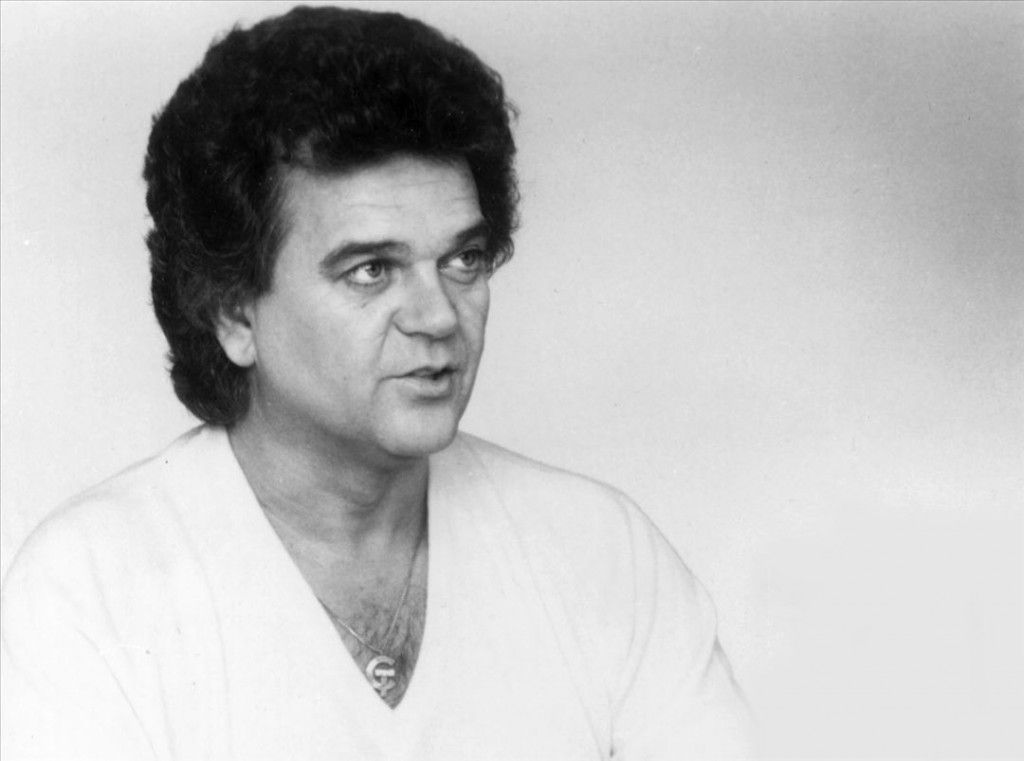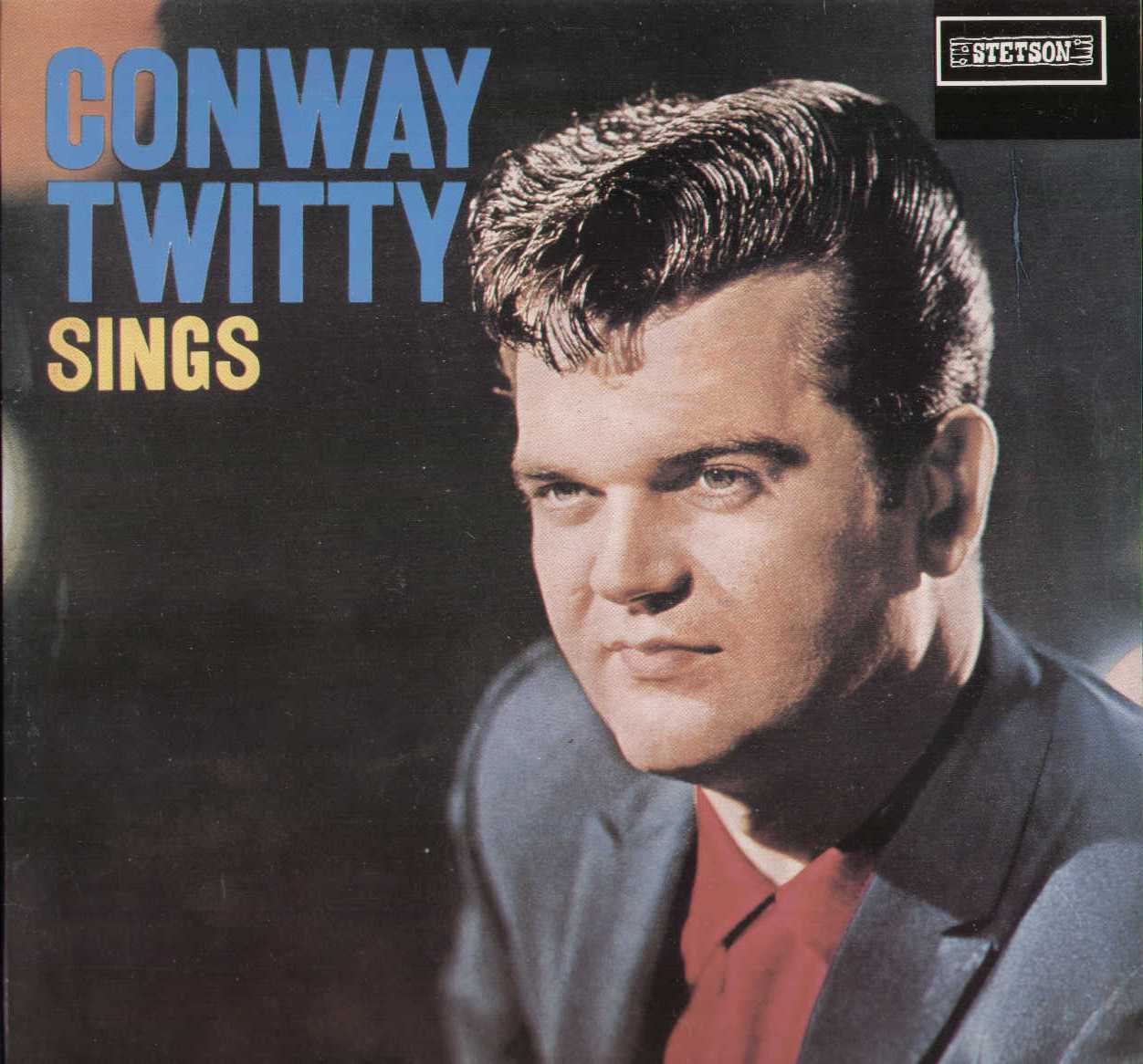
A Melancholic Journey Through Heartache and Solitude
When Conway Twitty released “Lonely Blue Boy” in 1959, he tapped into a deep reservoir of human emotion, creating a timeless piece that resonates with anyone who has ever felt the pangs of loneliness. Originally written for Elvis Presley’s film “King Creole” under the title “Danny,” the song was ultimately left unused. It wasn’t until Conway Twitty took it under his wing that it transformed into the poignant ballad known today. The release of “Lonely Blue Boy” marked a significant moment in Twitty’s career, helping to solidify his transition from rock ‘n’ roll to country music, and ultimately landing at a remarkable No. 6 on the Billboard Hot 100 chart. This achievement was a testament to Twitty’s ability to convey raw emotion through his distinct vocal style, capturing the hearts of listeners across the nation.
The story behind “Lonely Blue Boy” is as intriguing as its soulful melody. Originally penned by Ben Weisman and Fred Wise, it was intended for one of the most iconic voices of the era, Elvis Presley. However, when it didn’t make the cut for “King Creole,” it seemed destined to remain in obscurity. Yet, fate had other plans. Conway Twitty, already an established artist with hits like “It’s Only Make Believe,” saw potential in this unrecorded gem. His decision to record “Lonely Blue Boy” breathed new life into the composition, allowing it to find its rightful place in musical history.
At its core, “Lonely Blue Boy” is a reflection on solitude and longing—a theme that resonates deeply with listeners who have experienced similar emotions. The lyrics are imbued with a sense of yearning and introspection, painting a vivid picture of a man grappling with his inner demons. Twitty’s delivery is both heartfelt and haunting, capturing the essence of what it means to be truly alone. His voice, rich with emotion, guides the listener through a narrative that is as personal as it is universal.
The song opens with a melancholic melody that sets the tone for what is to come. As Twitty’s voice emerges, it carries with it a weight of sadness and reflection. He sings of being a “lonely blue boy,” a character trapped in a world devoid of companionship and understanding. The imagery evoked by his words is both stark and evocative—a barren landscape where hope seems but a distant memory.
For many older listeners, “Lonely Blue Boy” serves as a reminder of days gone by—a time when music had the power to articulate feelings that were often left unspoken. It’s a song that evokes memories of youthful heartbreak and the bittersweet nature of love lost. As they listen, they may find themselves transported back to their own experiences of loneliness and longing, moments when they too felt like solitary figures adrift in an uncaring world.
Conway Twitty’s performance on “Lonely Blue Boy” is nothing short of masterful. His voice exudes vulnerability and sincerity, inviting listeners to join him on his journey through heartache. There’s an authenticity to his delivery that makes every word feel genuine and lived-in. It’s this ability to connect on such an intimate level that has cemented Twitty’s legacy as one of music’s great storytellers.
In addition to its emotional depth, “Lonely Blue Boy” also represents a pivotal moment in Twitty’s artistic evolution. As he transitioned from rock ‘n’ roll to country music, he brought with him a unique blend of styles that would go on to influence countless artists in both genres. The success of this song helped pave the way for his future endeavors in country music, where he would continue to explore themes of love and loss with unparalleled sensitivity.
As we reflect on Conway Twitty’s “Lonely Blue Boy,” it’s clear that its enduring appeal lies in its ability to speak to the human condition—an exploration of solitude that transcends time and genre. For those who have ever felt isolated or misunderstood, this song offers solace in knowing they are not alone in their experience. It’s a reminder that even in our loneliest moments, music has the power to connect us all through shared emotion.
In conclusion, “Lonely Blue Boy” remains an iconic piece within Conway Twitty’s illustrious career—one that continues to resonate with audiences young and old alike. Its rich tapestry of emotion woven together by Twitty’s soulful voice ensures its place among classic ballads destined never to fade away into obscurity but rather linger eternally within our collective consciousness as an ode not just about being lonely but finding connection amidst despairing isolation…a true testament indeed!
